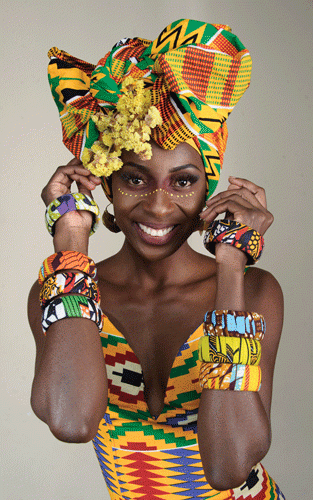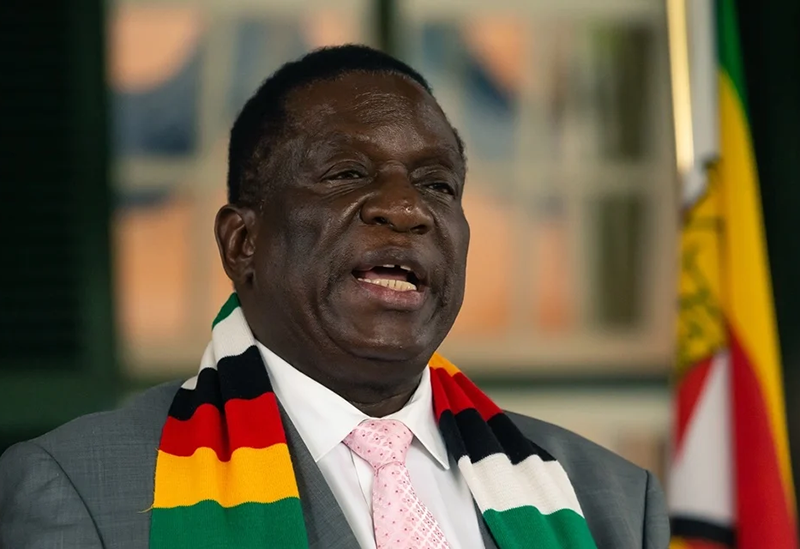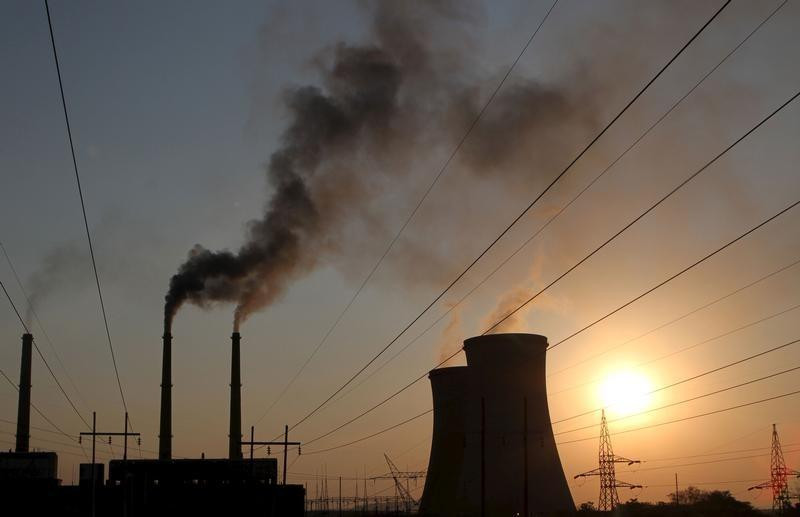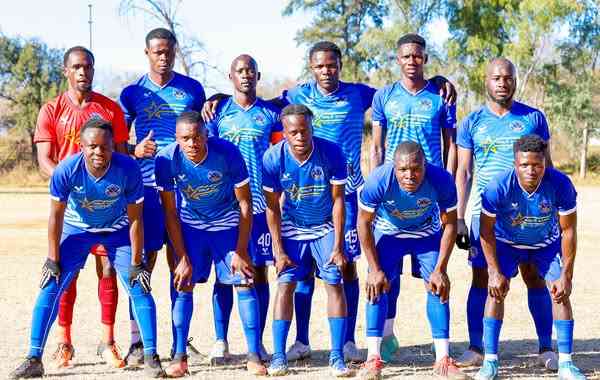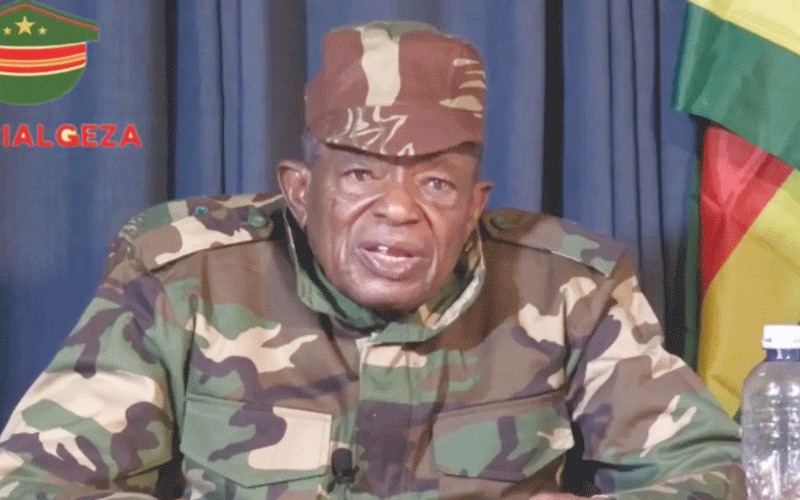
He is the world’s most celebrated politician who was jailed for 27 years in the then racist South Africa. Report by Ropafadzo Mapimhidze
He brought joy to the world when he was released in 1994, becoming South Africa’s first black president.
But this excitement was short-lived because his health continuously failed him, resulting in the ushering in of Thabo Mbeki who took over the presidency.
It is believed that Mandela was deliberately induced with tuberculosis in the 1980s while he was incarcerated at the notorious Robben Island. He has since suffered serious lung infections, a situation which has, unfortunately, led to the continued illness of this great African liberation icon.
As I write this article, everyone is watching the news every minute to monitor latest developments about him. Will he wake up and walk the streets again?
Despite previous claims that Mandela’s health had been improving after battling a recurring lung infection, it emerged in the early hours of Saturday last week that he was unresponsive.
It is, however, the Almighty that can make the final decision.
It was reported that his liver and kidney functions were down to 50% and that he had not opened his eyes for days.
- Chamisa under fire over US$120K donation
- Mavhunga puts DeMbare into Chibuku quarterfinals
- Pension funds bet on Cabora Bassa oilfields
- Councils defy govt fire tender directive
Keep Reading
Mandela recently underwent two procedures at Pretoria Hospital, one to repair a bleeding ulcer and another to insert a tube into his body. Although it is taboo in Africa to speak or discuss about an impending death of a leader, indications throughout the week are that the family had lost hope.
His granddaughter Ndileka, according to media reports, pleaded with the world to leave their family alone, describing this period as a sacred one.
South Africans have, however, been baffled by Mandela’s fighting spirit. Questions are being asked as to what is keeping him going under these serious circumstances. But reports on Thursday said his condition had stabilised although still critical.
Mandela is a true icon of democracy. A man that will never be forgotten for ushering the spirit of reconciliation that gave birth to a rainbow nation.
So many horrible and unbelievable things happened to blacks during apartheid, but he stood his ground and said the past should remain in the past.
This is the reason why South Africa has become the leading economic house on the African continent because all South Africans decided to put down their differences and work for a stronger and united nation.
During the apartheid era, homes of couples discovered to be breaking apartheid laws were raided, and their bedsheets checked and removed to be used in court to prove illicit relations.
The ban on mixed marriage, designed to enforce total racial segregation, was ended in 1985 — one of the early reforms that signaled the end of white minority rule.
When he became president in 1994, Mandela declared: “We enter into a covenant that we shall build a society in which all South Africans, both black and white, will be able to walk tall, without any fear in their hearts, assured of their inalienable right to human dignity — a rainbow nation at peace with itself and the world.”
And now, relationships between people of different races in South Africa are seen as a sign of the integration and reconciliation espoused by Mandela after he walked out of prison a free man.
A walk around restaurants, hotels, schools and other public places is evidence of a changed country, a new and different era that has unbelievably embraced all ethnic backgrounds.
One would have expected Mandela to belt his anger upon his former oppressors in the most ruthless manner, but he shocked the world and pleaded for peace between the various races.
Apartheid was merciless. It regarded a dog better than a black person. Apartheid was more or less similar to history during the slave trade era.
So dehumanising was this practice that blacks were confined to townships like Soweto for example. Land today, still largely remains in the former oppressors’ hands.
Our first and present president, President Robert Mugabe adopted a similar stance of reconciliation at independence until the late ’90s when emotions started growing tense between blacks and whites over the land issue. The element of mistrust persisted, resulting in a bitter takeover of farms that were largely owned by whites.
Although South African felt the need to repossess land of their forefathers, Mandela took a cautious approach towards this matter in order to avoid a civil war.
But everyone is asking what will happen if he dies? Will the ordinary black people of South Africa remain solidly in that reconciliatory mood?
I received a message from a relative working South Africa where he expressed fears of xenophobic attacks should Mandela pass on.
“That man is a symbol of peace and good governance. I shudder to imagine what will happen to foreigners if anything bad happens. I am really scared.”
Most black people inherited generations of poverty and misery that was passed down from one generation to the other.
Although the scenes may have changed, but many of the racial themes remain the same, as majority of black South Africans are yet to have a cake of the “rainbow nation.”
I am finding it difficult to say “go well Madiba”…but the truth is South Africa will never be the same without Mandela.
Feedback: rmapimhidze@newsday.co.zw


